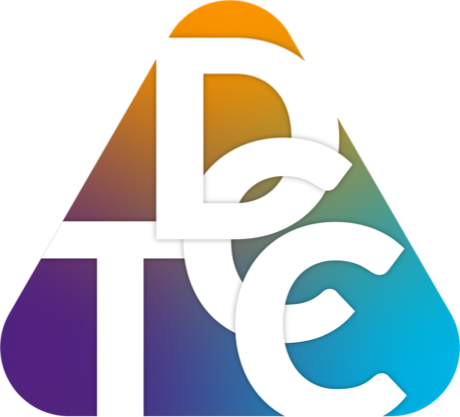TDCC-NES Bottleneck projects
Ongoing projects
Completed projects
General information
These projects are intended to respond to one or more of 4 key bottleneck areas, defined in TDCC-NES roadmap:

There is a one-off sum of €950,000 per TDCC available to distribute through this funding strand. Bottleneck projects are small-scale, usually lasting up to 12 months. They are being developed through a collaborative process which began in Q2 2023 with a series of stakeholder conversations and community consultations. The community-led project development and review process will continue until all funding is allocated.
